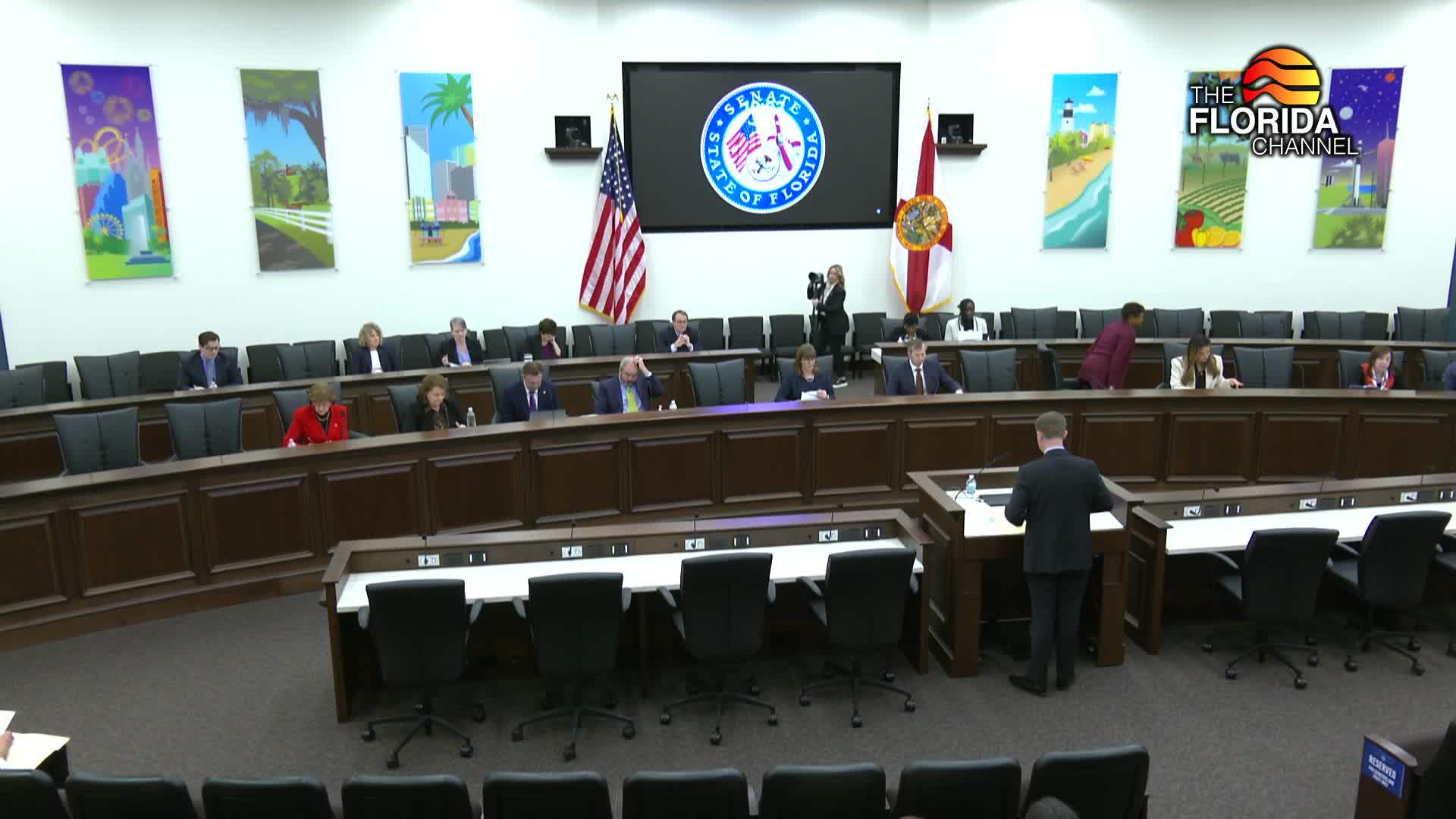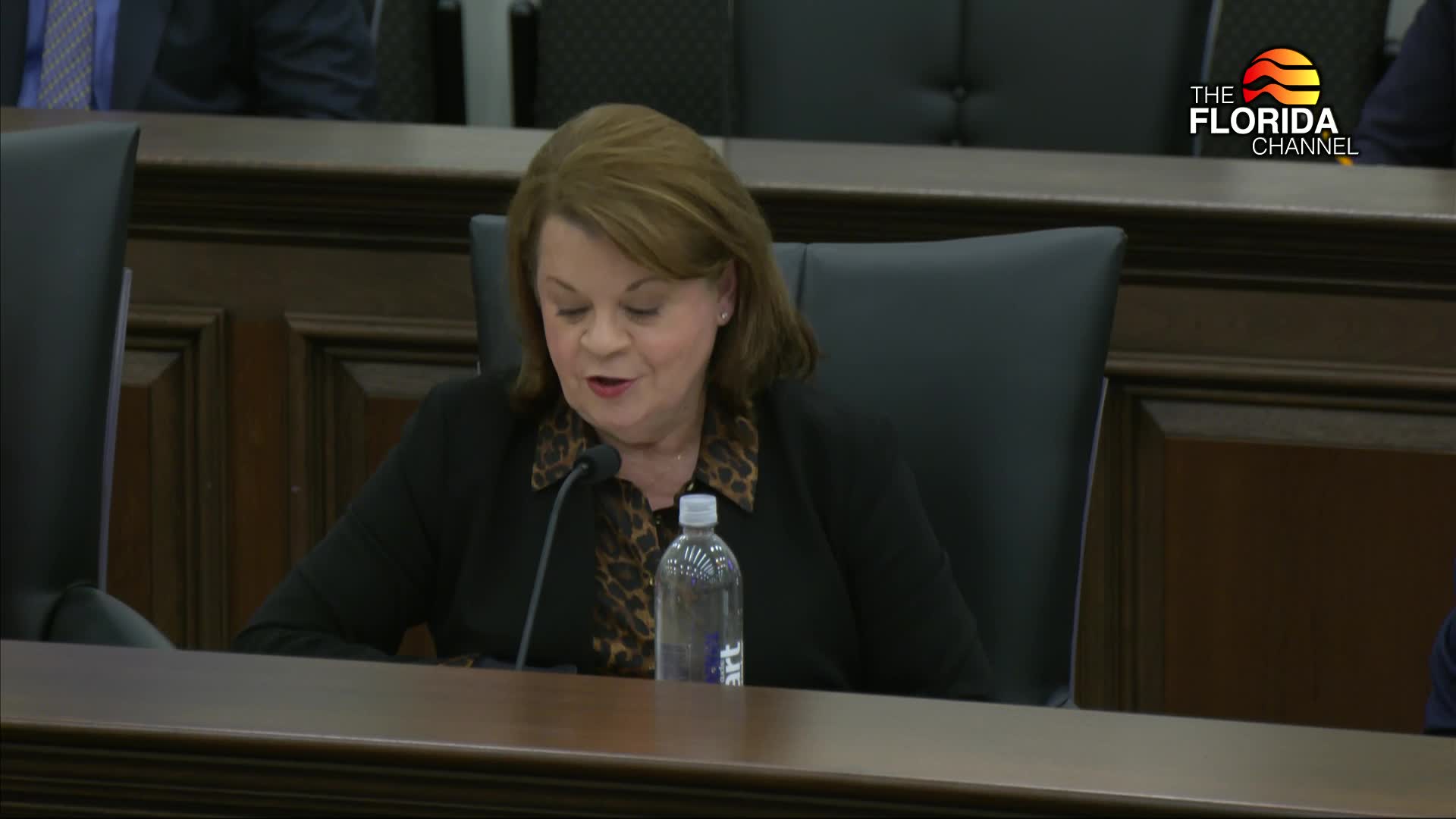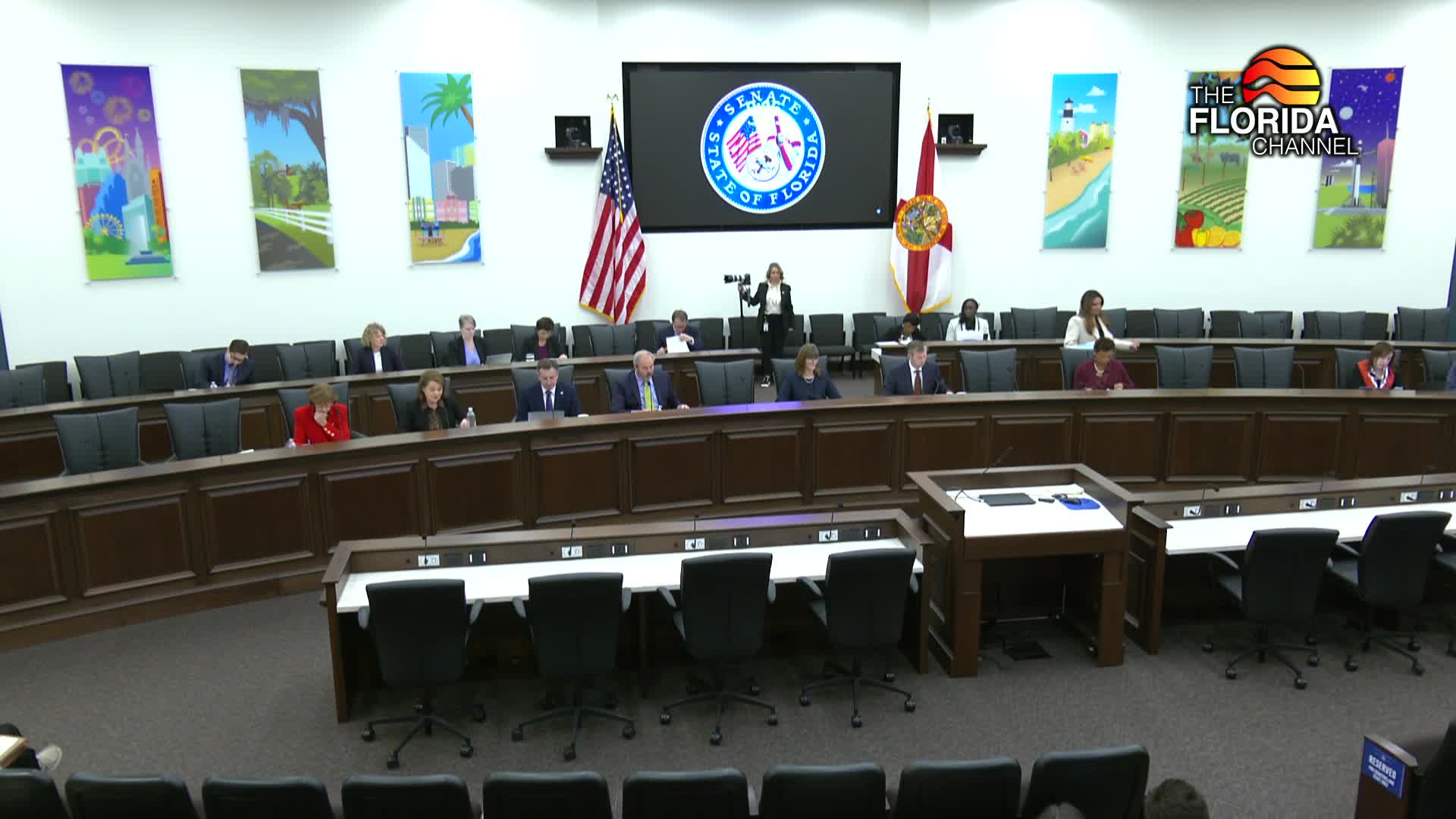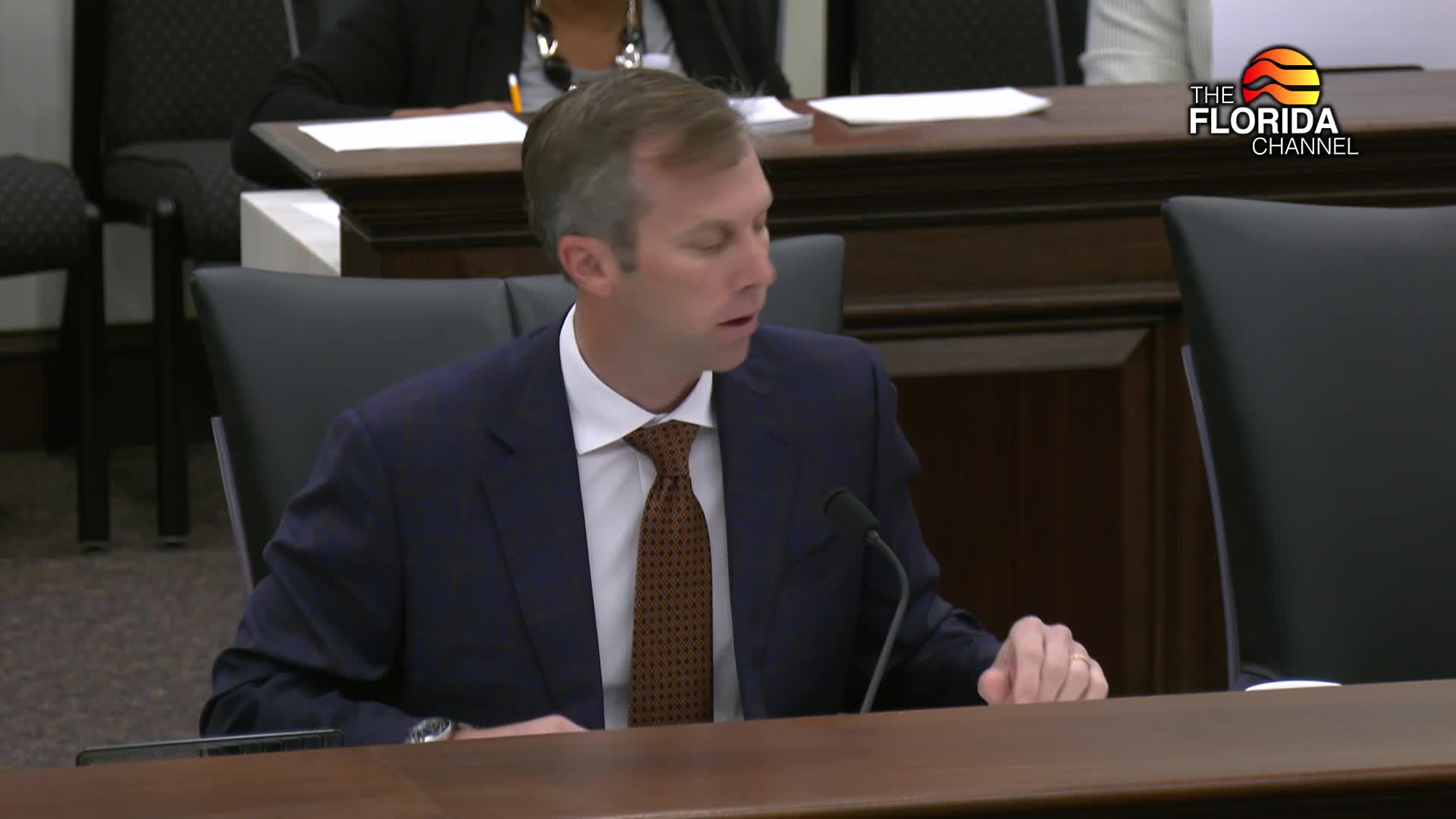Article not found
This article is no longer available. But don't worry—we've gathered other articles that discuss the same topic.

Committee reports bill to repeal wrongful-death exception that bars some survivors from non-economic damages

Committee advances bill removing age-8 diagnosis requirement for autism coverage and extending adult coverage

Committee advances bill allowing non-opioid advance directives with emergency-room exemption

